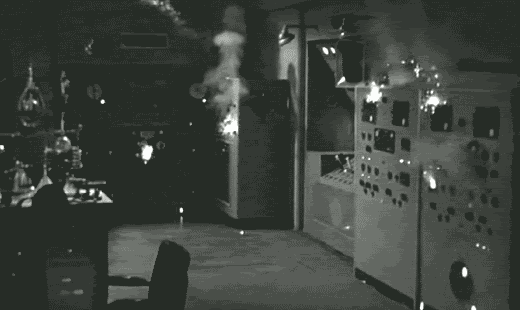The MT have been asked to change the region codes for the JA associations (JA, JA5, JA6, JA8) by the JA AM, Toru, JH0CJH.
At one level this is simply a small script that will change some text in the database. At another level this has fairly massive implications for everyone who has downloaded summit lists, or has activated or chased a JA summit and has that information logged.
We would not normally ever consider doing something like this as it is likely to cause a period of intense confusion followed by some minor lingering problems but Toru says the original choice of region codes is causing issues to JA hams. What most of you cannot see is the continual signup of JA activators and chasers and it is important that if we are going to change anything we should do it sooner rather than later.
The important thing to note is the change will be done so that activation and chasing history already in the database is preserved. For information, we humans use the association and region codes along with a number to form the summit reference, i.e. Ben Nevis is assoc: GM, region: WS: summit: 001 to give the reference: GM/WS-001. We can use that reference to locate a unique summit in the 70000 or so summits in the database. However, the database code itself uses a single unique summitid value which for GM/WS-001 is “2463”. Your logs in the database record the fact that you chased or activated summitid 2463 and not GM/WS-001. This means I can change the name or association code or region code or summit number to say Nevis Mountain GA/WW-001 but your log will accurate, it will say you did Nevis Mountain instead of Ben Nevis.
My plan is to backup the JA data then rename the regions, regenerate the mapping data and regenerate the summits list. The SOTA mapping site will need to delete the JA history and summits and import the newly named summits. Anyone who uses summitslist.csv will need to download it and update any software they have that uses it. Jon will reimport the JA summits into SOTAwatch so that everyone can alert and spot JA summits, he will also update the ARMs for JA so the new region codes are shown.
At this point SOTA will be consistent and accurate. However, if you have a computerised log and you have activated or chased a JA summit, your log will refer to summits which are not valid. You will need to download your logs from the database (activator, chaser, S2S) and reimport that data to your own logging programs so that your logs are consistent with the database.
Yes, I realise that for some people this is a non-issue, for others it’s a bit of a nuisance and for others it is a right royal pain in the backside.
I wouldn’t even consider this if our JA AM didn’t think it was important. I think I have covered all the bases in that I know what I need to do. I will publish a date when I will do the changes to the database so everyone can be ready to do their part. If you think I’ve missed something then say so in this thread now so that we can consider how to resolve this before we change anything.
I would like to have the change done by September 30th 2015.
Andy, MM0FMF
obo SOTA MT

